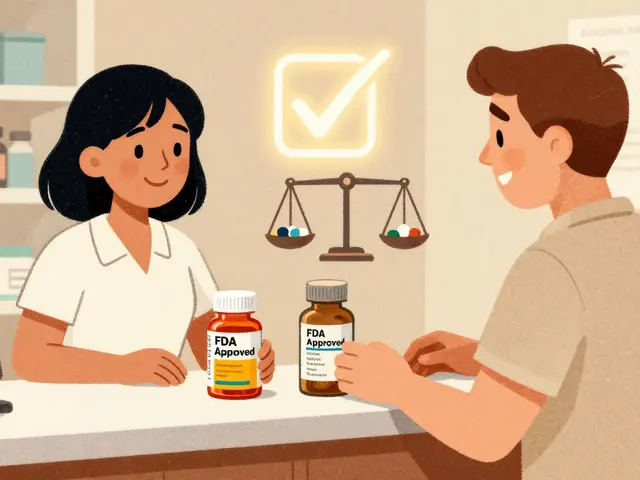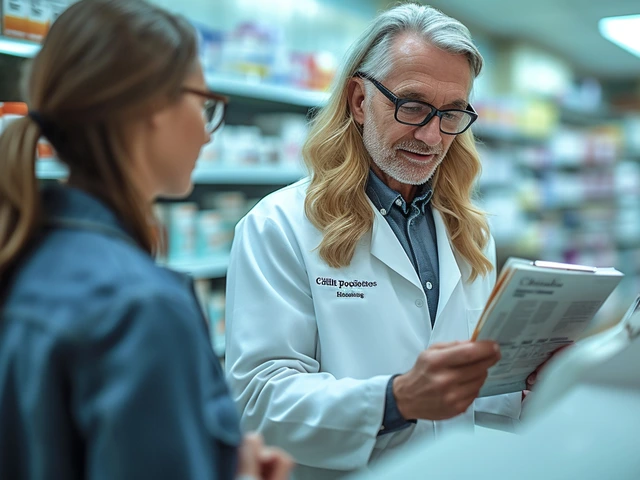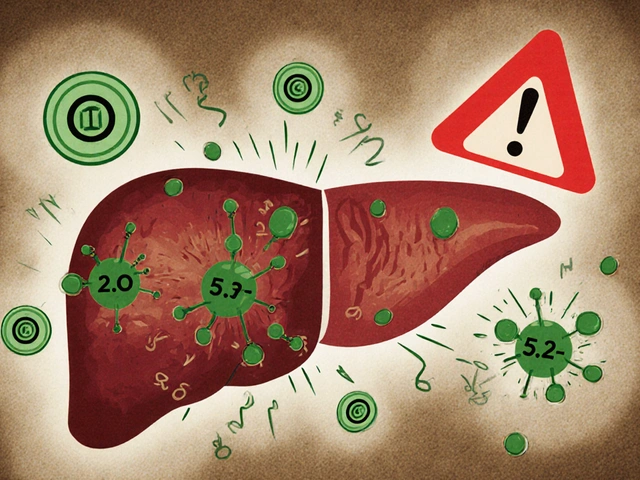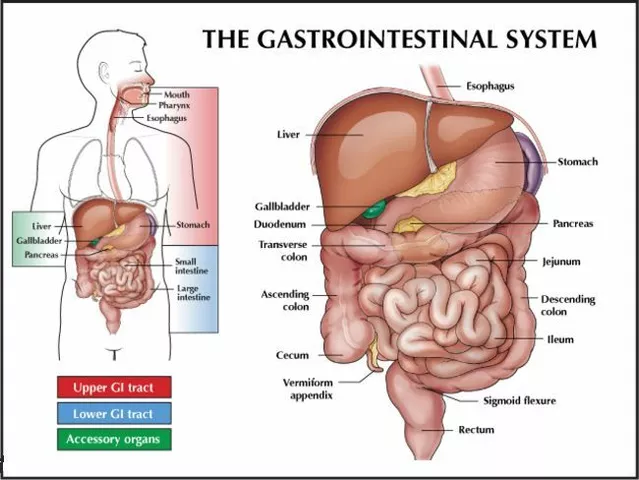What to Expect When Buying Medications Online
Buying medicine online can save time and money, but not all sites are equal. Expect clear differences in price, shipping speed, legal rules, and how much help you get from a pharmacist. Know what to look for before you click “buy.”
First, expect the pharmacy to request a prescription for prescription-only drugs. Legitimate online pharmacies will ask you to upload a valid prescription or use an online consultation to verify your need. If a site offers powerful drugs without any prescription, treat that as a red flag and walk away.
Safety checks to expect
A trustworthy online pharmacy shows its license, physical address, and contact phone number. Expect to see third-party seals or verification like VIPPS, GPHC, or local pharmacy boards depending on your country. The product pages should list active ingredients, dose options, side effects, and storage instructions. A real pharmacist should be reachable by email or chat to answer basic questions about interactions and dosing.
Packaging and labeling matter. Expect sealed packages with clear labels that match what you ordered, plus an information leaflet inside. When your package arrives, check the medicine name, strength, batch number, and expiry date. If pills look different from what you know, contact the pharmacy and your doctor before taking them.
Delivery, price and paperwork
Shipping times and costs vary. Expect standard shipping to take several days and tracked courier options for faster delivery. International orders may face customs checks and extra fees—plan for delays. Prices can be much lower for generics; expect brand-name versions to cost more, and expect the site to show both options clearly.
Payment options should include secure methods like credit cards or trusted payment services. Expect privacy policies that explain how your health and payment data is stored and shared. Keep your order confirmation, invoice, and any prescription copies until you no longer need the medication—these help with returns, disputes, or customs queries.
Look up the pharmacy license before you buy. Use the site’s license number to check on official regulator sites — for example, the General Pharmaceutical Council in the UK or state boards in the US. Read recent customer reviews but watch for fake five-star bursts; focus on detailed complaints about delivery or wrong pills. If the pharmacy offers online chat, ask one or two specific questions — for example, “Is this product generic or brand?” or “Which country ships this batch from?” A prompt clear answer is a good sign. Keep photos of the packaging if you need to report a problem.
Watch for common scams: ridiculously low prices, no prescription requirement, vague contact info, or pressure to buy now. Expect some sites to be legit but limited in customer support—read reviews and test contact before placing a large order. If you’re unsure, ask your doctor which online pharmacies they recommend.
Quick checklist before you order: verify the pharmacy license, confirm prescription requirements, check product labels and leaflets, use secure payment, and keep all paperwork. Expect small hiccups sometimes, but with these checks you’ll reduce risk and get the meds you need safely.










